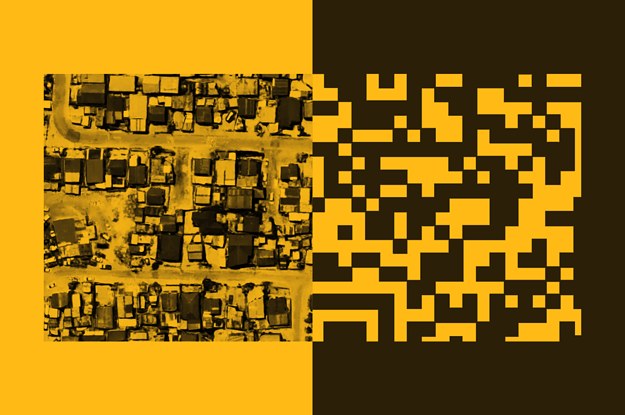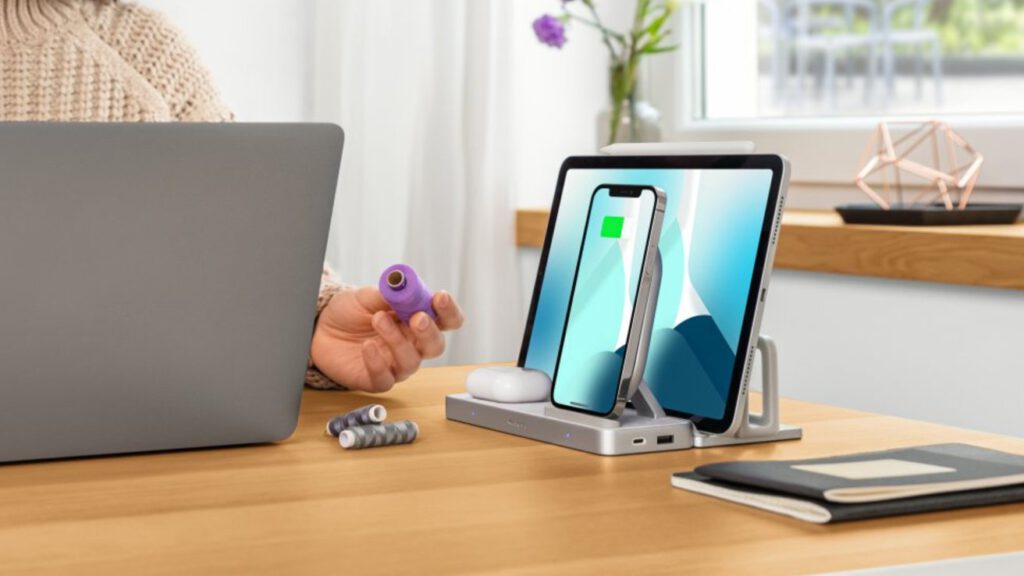Xolani Mahlaba, a previously incarcerated, unemployed 39-12 months-outdated cook dinner living in the Mfuleni informal settlement, explained his cabin is to be QR-coded in future phases. Mahlaba is intrigued by the present workout. “We don’t totally realize the perplexing gears of technological know-how,” he said, “the net and codes and the impact on our housing constructions, to be genuine. We would be glad if the stunning tech points can provide us foodstuff marketplaces, piped drinking water, cell clinics, but we explained to them ‘Don’t go our details to law enforcement.’”
“It’s extremely, extremely tough to know what data is remaining collected, how, and for what purposes, from the city’s pretty obscure announcement of this task,” Ziyanda Stuurman, a Cape Town–based electronic privacy skilled and former parliamentary researcher, advised Buzzfeed News. “The language in the press launch is very ambiguous in detailing how considerably communities have been consulted. Asking survey inquiries with data that might discover them or other persons in their homes, or data that may perhaps be utilized to track or surveil them, [would] be deeply problematic.”
Prepared consent was attained from each individual dwelling’s owner prior to QR-coding it, no personalized info will be shared with unauthorized buyers, and the details is encrypted, Booi explained to Buzzfeed News.
“We are quite fired up,” Booi reported, promising that the procedure strictly adheres to South Africa’s new Safety of Personalized Information Act (POPIA) guidelines. “We are adapting [to] use of new technologies, even in the most susceptible of communities.”
To the ideal of the council’s know-how, this is the initial tech project of its type for a metro metropolis in South Africa, Booi told a city radio station.
In 2015, Cape City grew to become the to start with city in South Africa to launch an open up knowledge portal and make the gathered facts sets available to people and stakeholders. In 2018, it became the initial city in South Africa to digitally map visitors routes and use of both equally casual minibus taxis and controlled community buses. The intention was to collect major knowledge about the evolving designs of city transit move in Cape Town.
“Cape Town enjoys details, it likes to map, quantity, enumerate,” Anciano claimed. “[It’s] not improper to go there and see how distinctive households work.”
Fiona Anciano, an urban governance professor at the University of the Western Cape who has done field reports in casual settlements, informed Buzzfeed Information that most persons in deprived casual settlements throughout South Africa, which include some of her master’s degree students, dwell on streets that do not have proper title deeds or property addresses. If they want to open a bank account or get a financial loan, they want to demonstrate an handle. What most dwellers do is stop by a neighborhood authority, normally the head of the ruling social gathering department, and get a stamped letter. “One speculation is this [QR-coding] takes out the intermediary,” Anciano reported. “The city can say, ‘We are officially linking your ID to the framework.’” This could verify much more handy to individuals.
At the heart of the criticism is how tens of millions of residents in South Africa’s casual settlements dwell and how digitization interacts with rights.




